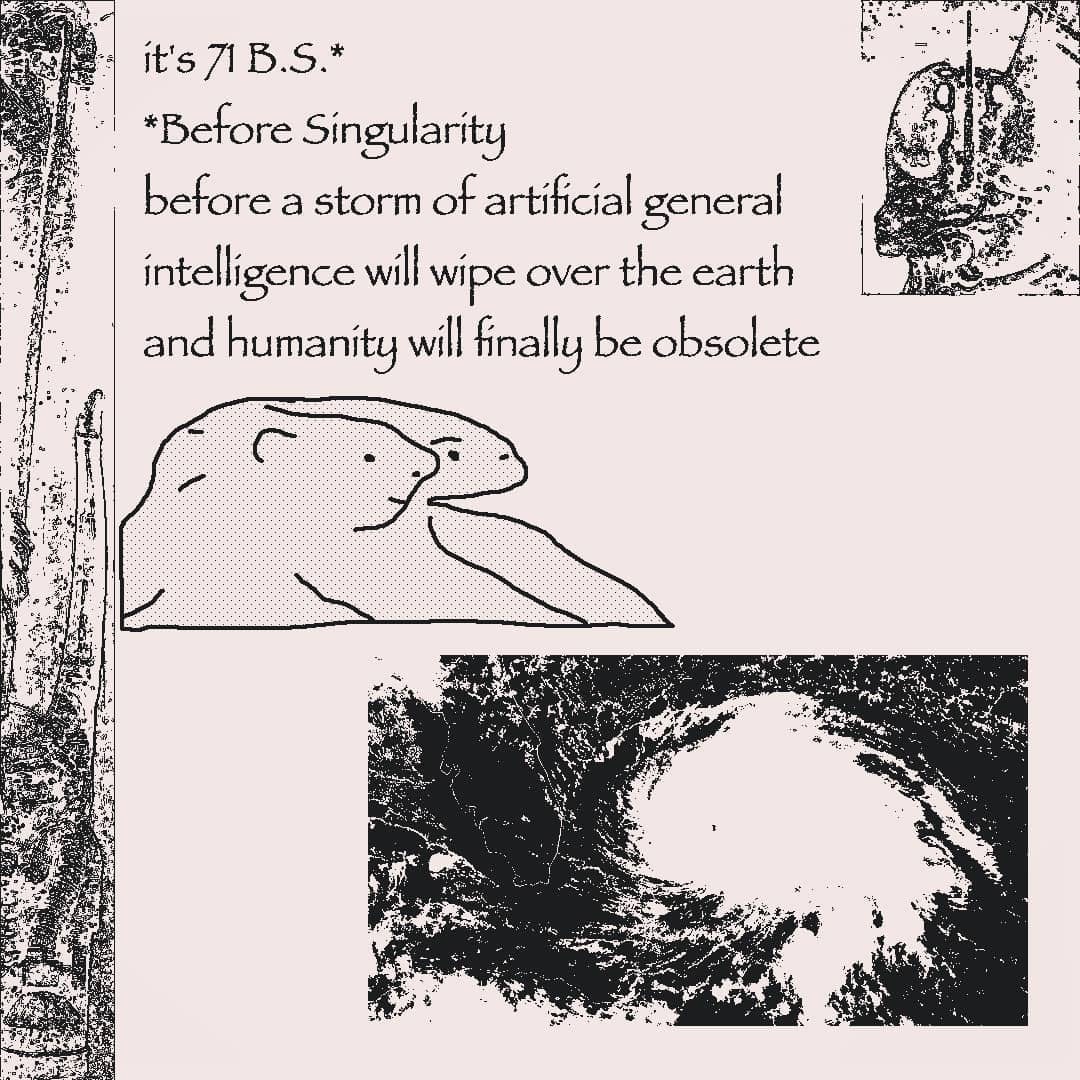The idea of the truth has been on my mind a lot.
More so than ever, really.
In a philosophical, existential sense, the last few years have shaken the idea of truth and truthfulness for all of us.
The reality is, the truth has never (at least in my opinion) been objective or absolute. To some degree, the truth is simply what we want it or perceive it to be from where we stand. Everyone is a protagonist, and the antagonist is what we believe at that moment to be the greatest threat to our personal truths or very existence.

That’s what this moment feels like. The loss of trust in institutions and systems, the media, and the media environment we’ve created for ourselves.
Is this the natural product of so much information and so many authors of reality?
After all, the truths we believe are myths predicated on our trust in systems of power and organizations that control information. And where we stand, at least politically, can radically shift our perceptions of what we believe to be true.



There are the truths Claudia Conway creates on TikTok when she ‘breaks’ something before the media can. (Which, this is not an endorsement for the way she is treated and exalted. I worry deeply for her.)
There are the truths we create when we post an Instagram story.
But who are we in private when the need for the truth is taken away? When we’re free to explore and share our thoughts – are they a different truth?
We create constant truths - for ourselves, for our audiences, for our families. We share truths and stories we believe and impart those truths onto others.
What is the truth you’ve shared with your Google search history? Who are you to your algorithm? What would the consumer persona-ified version of you look like?
The idea of “fake news” and some big shadowy agenda in the state is a compelling truth for some. To some degree, those truths are built from a place of fear and anxiety over survival. That doesn’t make them better, less violent truths – but they are a truth, nonetheless. (Thank you Facebook for doing the right thing.)
Lately, I’ve been reading Everybody Lies: Big Data, New Data, and What the Internet Can Tell Us About Who We Really Are:
Below are some passages that have stuck with me:
“Frankly, the overwhelming majority of academics have ignored the data explosion caused by the digital age. The world’s most famous sex researchers stick with the tried and true. They ask a few hundred subjects about their desires; they don’t ask sites like PornHub for their data. The world’s most famous linguists analyze individual texts; they largely ignore the patterns revealed in billions of books. The methodologies taught to graduate students in psychology, political science, and sociology have been, for the most part, untouched by the digital revolution. The broad, mostly unexplored terrain opened by the data explosion has been left to a small number of forward-thinking professors, rebellious grad students, and hobbyists. That will change.”
“Facebook is digital brag-to-my-friends-about-how-good-my-life-is serum. In Facebook world, the average adult seems to be happily married, vacationing in the Caribbean, and perusing the Atlantic. In the real world, a lot of people are angry, on supermarket checkout lines, peeking at the National Enquirer, ignoring the phone calls from their spouse, whom they haven’t slept with in years.”
Recently I announced the theme for the second volume of Internet Club – a focus on intimacy and sexuality, all the things we find taboo to really talk about (although that’s somewhat changing), through the lens of technology.
As a way to promote the theme, I launched a “digital confession booth,” – promising the audience they could share with me how they feel about their love and sex lives. Within 24 hours I had 10+ confessions, ranging from commentary on the practice of sending nudes, of being in love, of swiping.
Those are truths. Truths closely held and not often shared.
I write all this to think broadly about the world, and about what I (and maybe some of you) do for a living. Often times, the truth is presented on a slide, in an article, over a DM and accepted as absolute in a few seconds.
Maybe next time, you’ll think of me, and think of this, and think about the truth and how it changes from where you stand.
Truth is a version of a story. What’s yours?
Until next time,
Nikita
P.S. Here’s an article from Harvard Misinformation Review about how exposure to fake news is linked to low levels of trust in media + high levels of trust in the government – when your side is in power.
If you received this & you’re a little surprised, I’m sorry! You were signed up for the BLANK email newsletter, and your contact was automatically carried over in the migration from MailChimp to Substack. I won’t do it again :)




